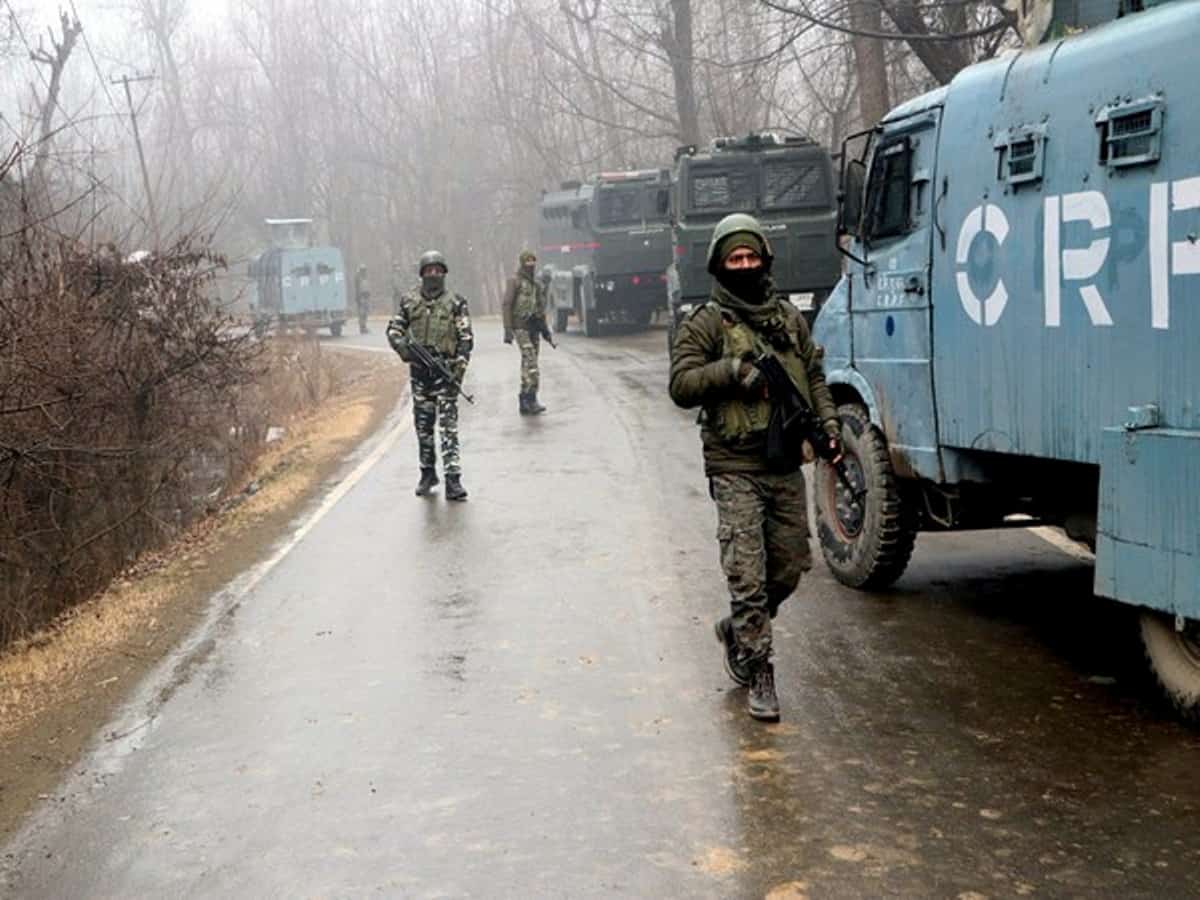
The announcement by the Union Home Minister Amit Shah of reduction in disturbed areas under the Armed Forces Special Powers Act (AFSPA) in three North-East states of Nagaland, Assam, and Manipur on Thursday demonstrated very clearly that the Narendra Modi government wants to soften its image among the people, exhibiting that it is not a prisoner to the extraordinary laws in the normal times. There, of course, will be tailed with many questions, whether this would be North-East specific measures or these will apply to Jammu and Kashmir where 20 districts have been reeling from the impact of the AFSPA for decades now.
By itself, the Government of India’s decision to repeal AFSPA from some of the areas of the three North-east states has demonstrated that it is capable of taking bold and people-friendly decisions, ridding the people of the fear of falling victims to the special laws, which have often been described by the human rights groups as “ black and draconian”, because of the unbridled powers of seizing and killing in the disturbed areas. Now the Modi government has undertaken this decision that showcases that normalcy has its rewards, and the formula for that is simple, embrace the development over the insurgency, and the issues that galvanized and sustained militancy, can be addressed by sitting across the table.
Amit Shah credited Prime Minister Narendra Modi for ensuring peace and prosperity in the North-East region through unprecedented development. There has been a definitive focus on the North-East since the Modi government came to rule the country since May 2014. It has endeared itself to tribes and held open and not-so-secret talks with various insurgent groups to bring about a situation where normalcy could find its roots.
It didn’t happen overnight. There was a renewed anger when the army killed 14 civilians in December last year and sought refuge in AFSPA which protects soldiers from all acts of omission and commission, including killing the people to death. Subsequently, a high-powered panel was constituted to review the need of, having the disturbed areas and the AFSPA. The panel must have given its recommendations, and as a result of which the AFSPA was withdrawn from some of the areas.
This is a bold decision, because the Indian army, has developed a habit of operating under the unlimited powers to seize and shoot in the militancy-hit areas, for it believes that the disrepair of the AFSPA, one or the other way, would threaten the security of its personnel, the logic being that, why should soldiers die fighting militants, but then there are no answers why should civilians die in the cases of mistaken identity or as collateral damage?
This is a pleasant opening in which the government has established that it would go by the voice of the people as well and keep the interests of the army in consideration as well, without alienating the masses and also without compromising the national security.
The real test would be in Jammu and Kashmir, where the Government of India has claimed it repeatedly that the situation has improved considerably. In fact, during his latest visit to Jammu and Kashmir, Amit Shah had declared that the security forces have taken a “ decisive control over terrorism” in the region. If this is the situation, it begets a question, what would it take for Delhi to take a call on the repeal of AFSPA in J&K?
All the 20 districts of Jammu and Kashmir, which is now a Union Territory since October 31, 2019, are under AFSPA. The Ladakh region, which was declared as a separate UT on August 5 as part of the J&K state reorganization Act on August 5, 2019, has two districts of Leh and Kargil, and these were never under AFSPA. The law was invoked for the whole of the Valley in 1990 and twin border districts of Rajouri and Poonch in the Jammu region, covering 20 km radius from the Lime of Control that divides Jammu and Kashmir between India and Pakistan ., in July 1990, to mount effective counter-terrorism operations as the normal policing powers had fallen far short of the desired results.
The government of India, for the sake of justifying its own claim of normalcy, it should reduce the geography of the disturbed areas, at least 10 districts of the Jammu region, where the AFSPA was invoked in August 2001, can be easily lifted, and the army has claimed that border districts like Kupwara in Kashmir, are free of militancy, therefore, it should take a step to get the AFSPA rolled back from there.



